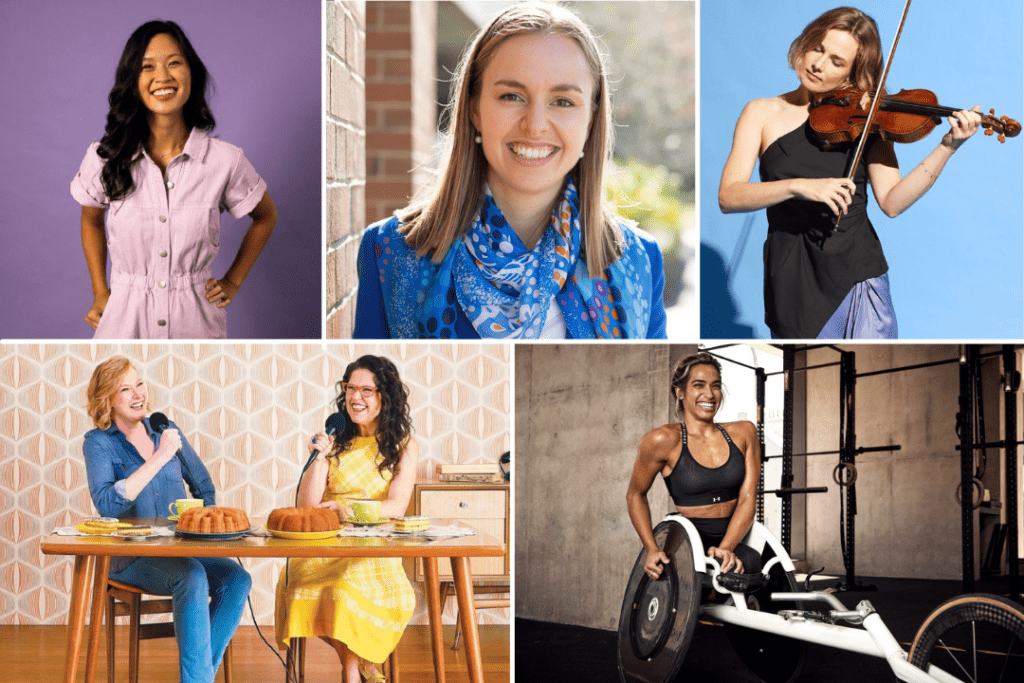Season five of The Leadership Lessons is drawing to a close, and we’re delivering one final episode recapping some of the best moments and lessons from the series.
As host Shirley Chowdhary points out in the wrap up episode, we’ve spoken to some incredible women this year, each with different ideas about what leadership looks like, sharing stories of how their leadership journeys have played out in their lives and careers.
“We’ve been talking about leading for the next decade and there is no question in my mind that women have so much to offer in this space,” Shirley said, reflecting on the season.
“The leave policies, the focus on diversity and inclusion, the importance of lifting women up and supporting each other, resilience, self confidence – the list goes on.”
Below, we’ve shared some key quotes from each of our guests this season, and explore some of the key leadership themes that become apparent while creating the podcast. A big thanks to Salesforce, for making The Leadership Lessons possible.
Nicole Liu, founder of Kin Fertility
One of the most critical lessons Nicole Liu has learnt since founding Kin Fertility, is that she doesn’t have to be an expert when it comes to reproductive health or tech, to be a successful businessperson in the health tech space. For her, it’s about surrounding herself with the right people.
“I’ve always really valued building strong relationships with everyone I meet, whether that’s my friend, my colleague or my investor,” she said.
“You want to be around people who care about you as a person, not just you as a business. I think that transparency, vulnerability, that ultimately helps build that connection.:
“I lot of people like to follow their gut, I like to call it follow your energy. You spend so much time at work, probably more than you spend with your family, and so you kind of want to fall in love with it.”
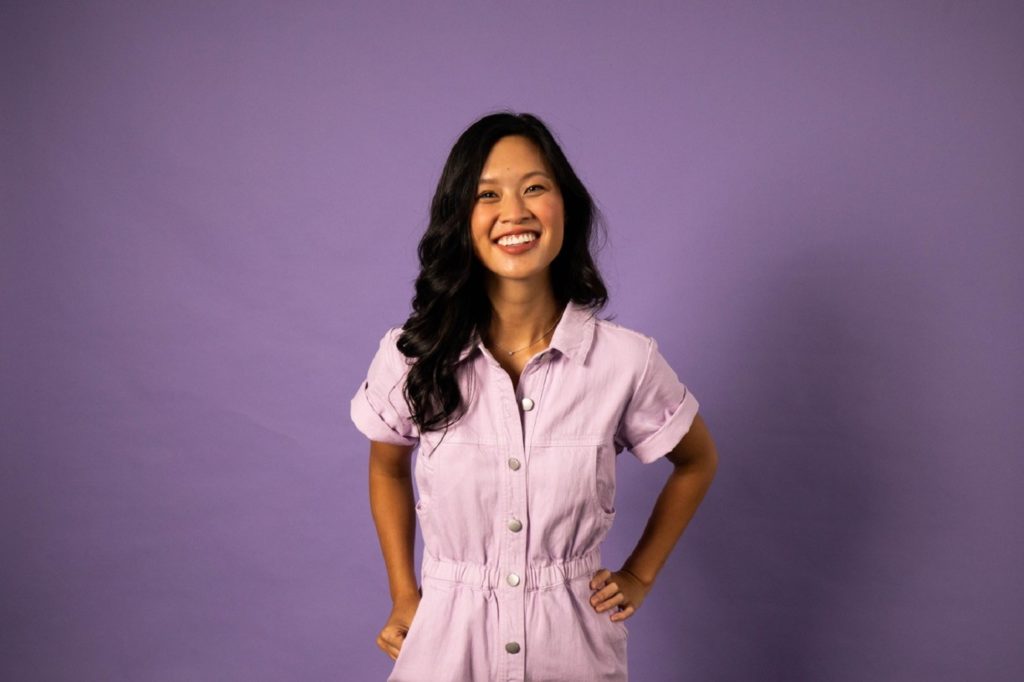
Helen Haines, Independent MP
Helen Haines also spoke about the benefits of surrounding yourself with great people, whether it is those you work with every day, or experts who can help you to do better work. She also told us to face our fear, and constantly learn from others.
“I just think it’s so important to know that you don’t have to be a subject area expert in everything to be a champion for it. What you need is those experts to support and help you and that’s been my experience with prosecuting the need for a federal integrity commission.”

Shelley Cable, CEO of Generation One
Shelley Cable shared her ultimate strength and inner confidence, as a First Nations woman, comes from her ancestors, her family, her friends and those who have confidence in her.
“I feel so privileged to have had my family instil such confidence in me that if someone stands in my way, I always just think, “I’ll show you”. My family has taught me that I can do anything, and I truly believe that.
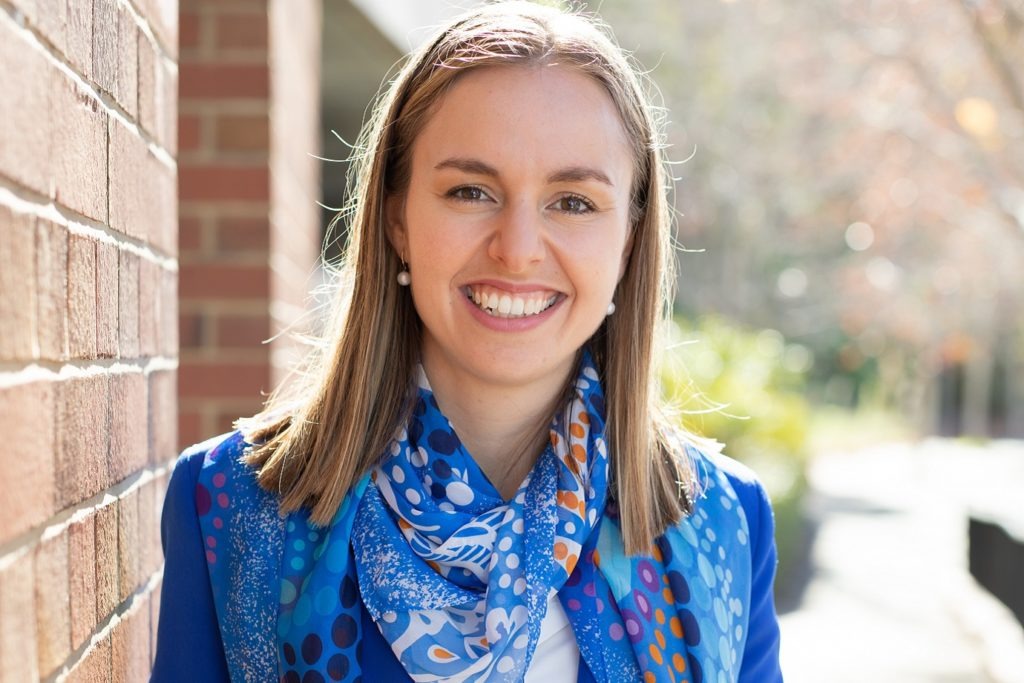
Mel Thomas, Founder of the KYUP! Project
Mel Thomas has channelled her very difficult childhood into supporting children, women and men who are dealing with domestic violence. She shared why she doesn’t believe our experiences have to limit us.
“I think there’s a great misconception that people that suffer trauma or hardship are weak. I actually have an incredible sense of intuition and street smarts that got me through that time but also, I looked at my mum, who escaped an incredibly traumatic experience, she rebuilt her life. I remember thinking she’s strong, I’m strong,” she said.
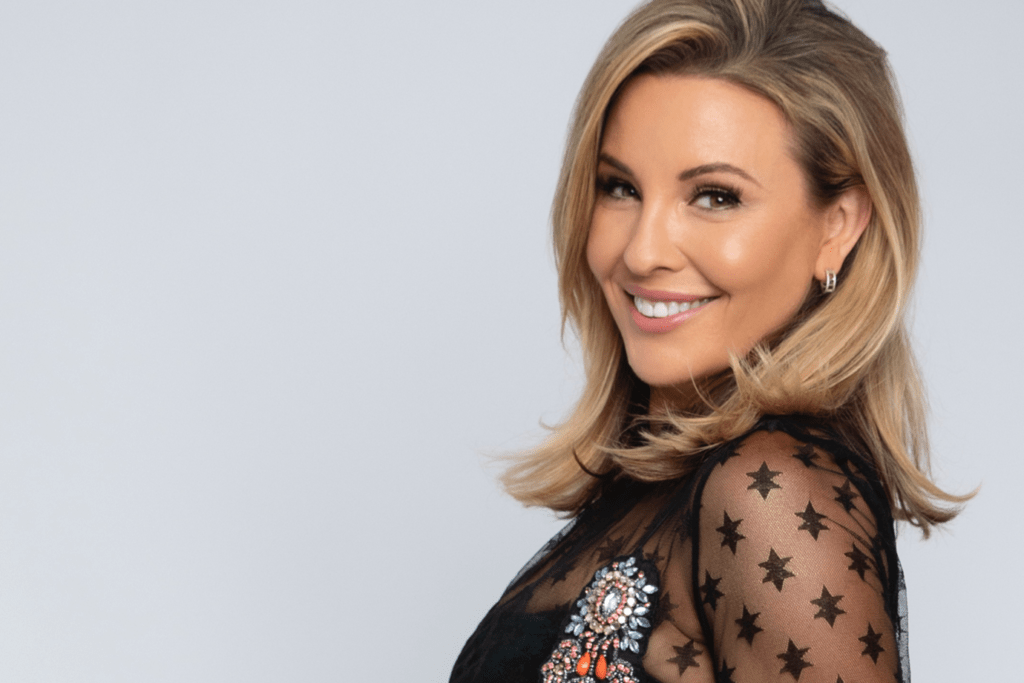
Professor Lisa Jackson-Pulver, epidemiologist and Deputy Vice Chancellor Indigenous Strategy and Services at the University of Sydney
Proud Wiradjuri woman, Professor Lisa Jackson-Pulver talked about the power of dreaming big, and what can happen when you keep putting one foot ahead of the other.
“I survived a childhood that remains, even for me, fairly unspeakable. And I survived it. One of the reasons I survived it, is I was able to envisage a different future. I always knew that I’m not alone, there were others in circumstances like mine and I always knew there were others who weren’t in as good a circumstance as mine.
“I didn’t have an aspiration as such. What I did have was an ability to put one foot in front of the other and to do something. I recognised that I am not the sum of my upbringing.”
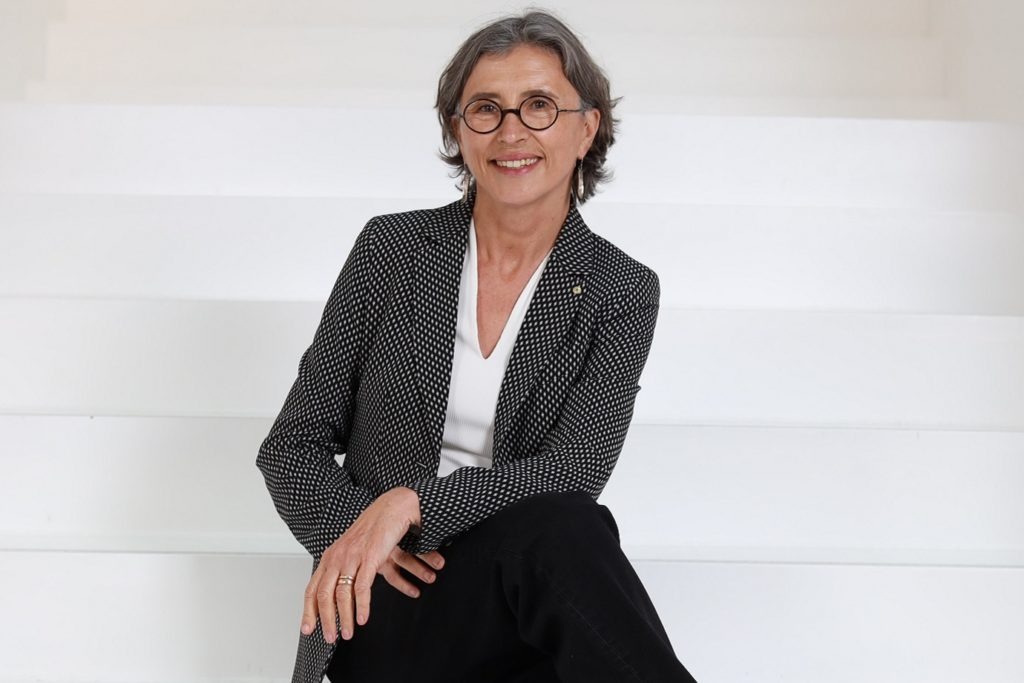
Madison de Rozario, Paralympian
Athlete and paralympic champion Madison de Rozario speaks about the responsibility she carries as role model, especially when she has the privilege of a platform to create change.
“It excites me and it stresses me out. It definitely is a responsibility that I take very very seriously. I remember growing up and not having many role models that looked like me and I remember seeing Louise Sauvage as the only person that looked like me. I’m very aware that there still isn’t that many, so I understand the impact you can have when that spotlight isn’t shared as evenly as it should be.”
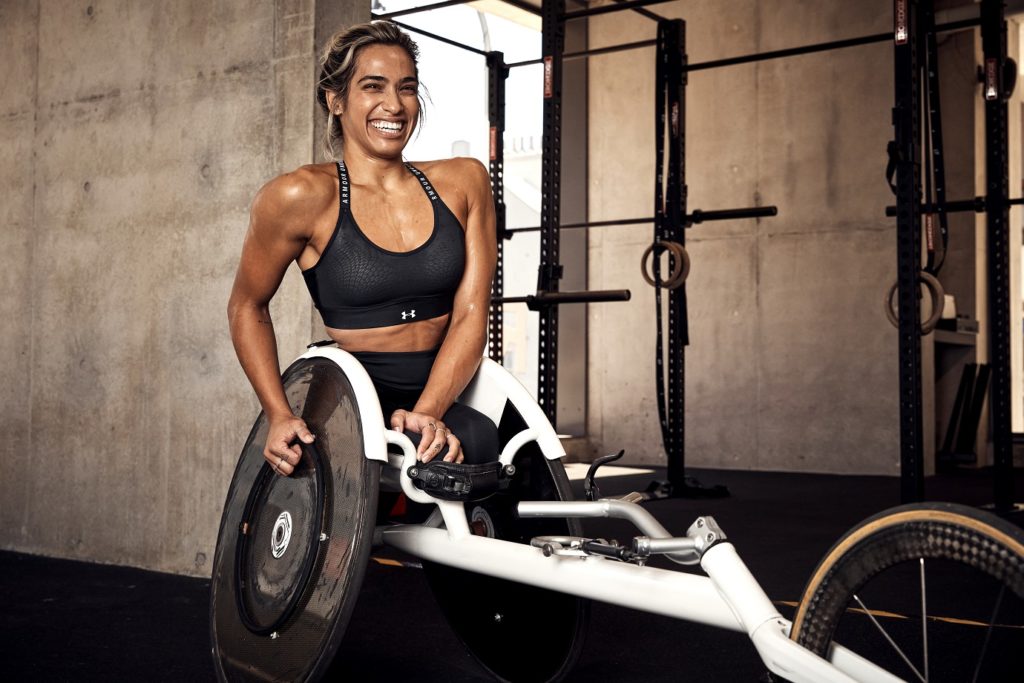
Lisa Annese, CEO of the Diversity Council of Australia
Lisa Annese lives and breathes diversity and inclusion and in her episode, reminds us all why it’s important, and what comes with being a person always agitating for better outcomes.
“You are always up against it because you are always agitating for change. So you’ve got to be comfortable being a little bit difficult. That’s me. It doesn’t necessarily make me popular but it’s effective to work in this space.”
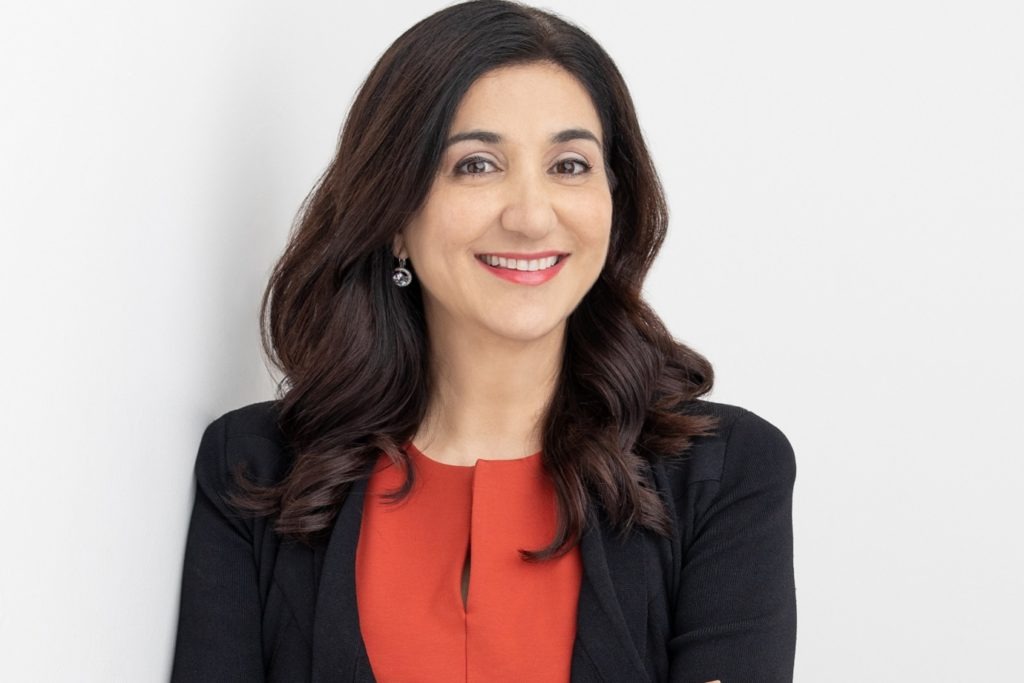
Leigh Sales and Annabel Crabb
Journalists and friends Leigh Sales and Annabel Crabb made us all laugh this season, reminding us why we should work with people we respect and trust, and also people who can make us laugh.
“The joy of having somebody with a sense of humour that you work with. That honestly is like the mental health super pellet. I know how stressful Leigh’s job is but I always know it can just take one funny gag for her to feel in the moment, loosen up. If you have the power in a situation to have a laugh, it says a lot about your sense of control over the situation and faith in your own competence.”
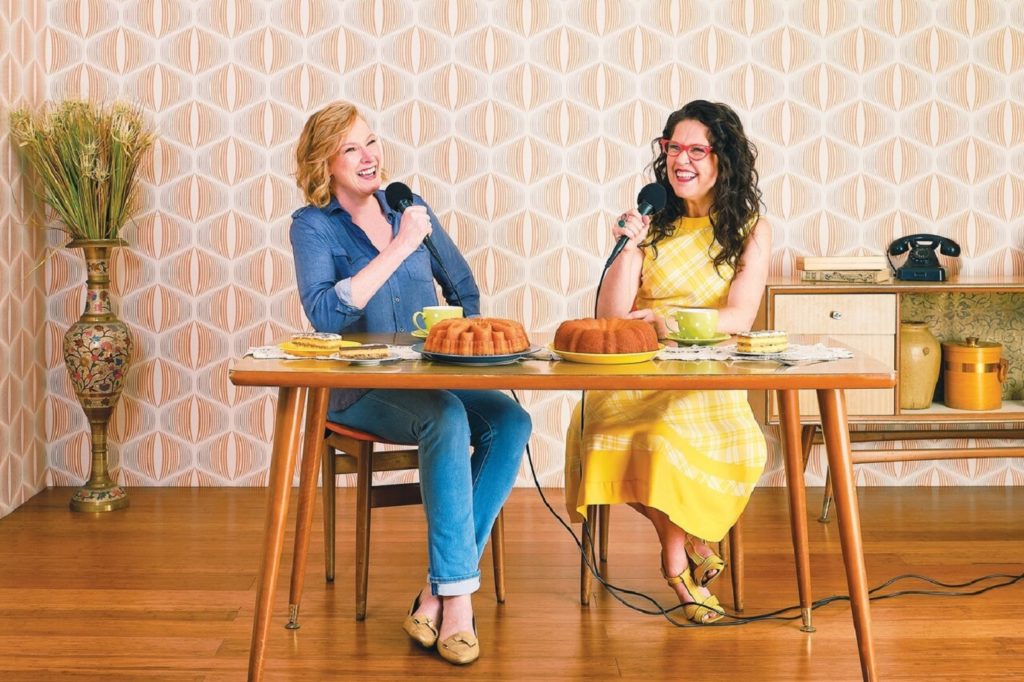
Daisy and Lucy Turnbull
Mother-daughter duo Lucy and Daisy Turnbull spoke about their careers, the ‘mental load’, the importance of building confidence in young girls and women, and why we need to combat gender deafness at home and at work.
“We need to get women and girls confident in their own abilities and their own innate skills so that when they are going for jobs they are selling themselves as best they can. It’s a lot around self-talk and positive self-talk and for young girls, especially teenagers, it does become an issue of being rightly proud of your own achievements versus bragging. Girls don’t want to accidently fall into the trap of bragging,” Daisy said.
“I think gender deafness is a real issue but I think whenever there’s more than one woman at the table – and this can apply at the dinner table, too – when a woman says ‘let’s talk about this’, the men often don’t listen and then bring the same problem up… and the other men say ‘that’s really good’. I think the other woman who listens to the woman make the point initially, has to be given credit by the other woman,” Lucy said.
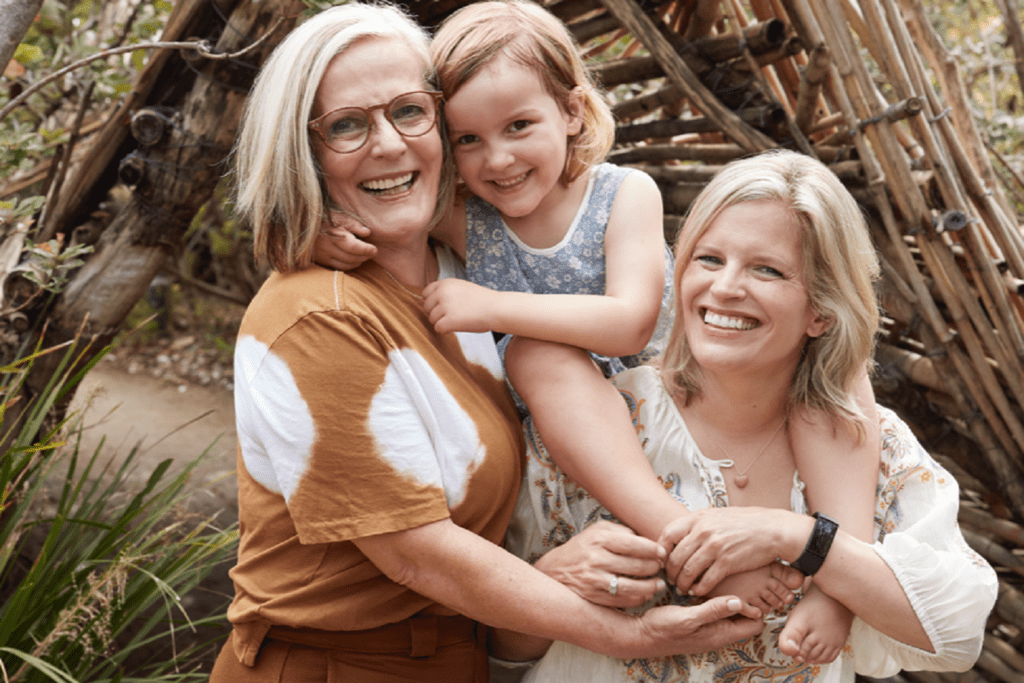
Satu Vänskä, Principal Violinist of the Australian Chamber Orchestra
Having lived in different parts of the world speaking four languages, Satu Vänskä brought us a reminder about our own duty to be open minded and aware of our role in these rapidly evolving times.
“In the music field, I’m very conscious of the danger of stagnation. Artistically, diversifying your talents and seeing how you fit into the 21st century as a so-called classical violinist, we all have to ask ourselves ‘what’s my place in this’? ‘How am I making it so that it’s accessible for newer audiences’? And there comes the word diversity again. We have to diversify our talents and our skills.”
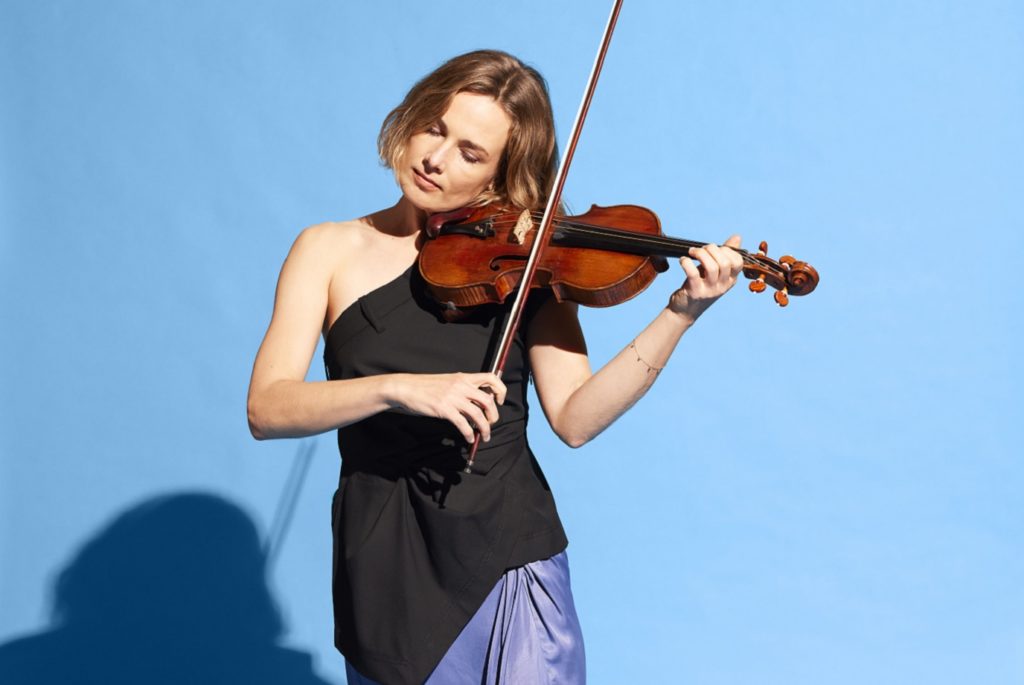
You can listen to this episode of The Leadership Lessons, a podcast made possible thanks to the support of Salesforce, now.

